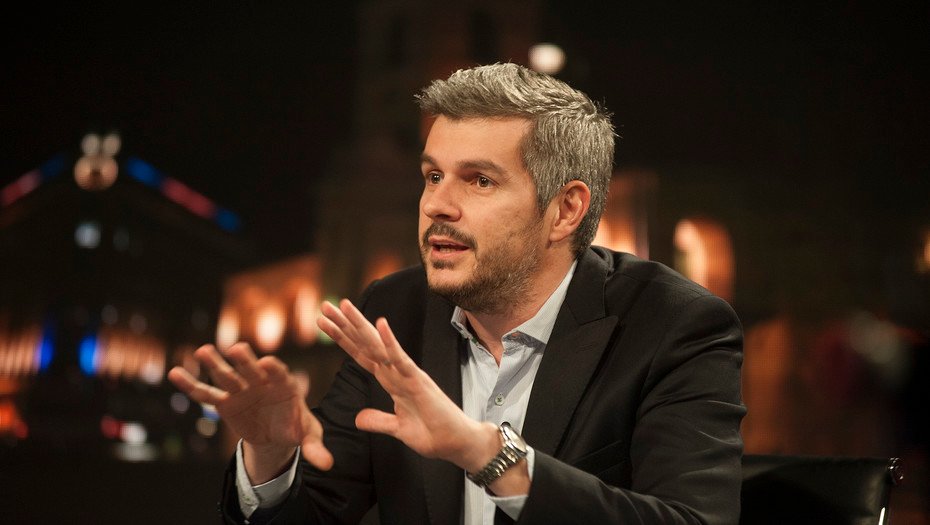Nadiem Makarim, born on July 4, 1984 (41 years old) in Singapore, is a former Minister of Education, Technology, Research, and Culture, serving from 2021 to 2024. He is also the founder of Gojek, created in 2010, a multiservice platform that became the first startup in Indonesia to reach a valuation of 10 million dollars.
The life of Nadiem seems to have two distinct stages. The first, prior to his entry into politics, was marked by the creation of Gojek, an Indonesian payment and mobility system through which he earned countless awards and recognition. He was celebrated as one of the most innovative young leaders in his country, appearing in various rankings and business magazines. The second stage was his role as Minister of Education, Technology, Research, and Culture in Indonesia, where his technological background, combined with the activist influence of his father, led him to be selected for the cabinet to drive reforms.
Academic life and early career
Makarim completed part of his secondary education in Indonesia and Singapore. After finishing high school, he moved to the United States to pursue higher education. He earned a Bachelor’s degree in International Relations from Brown University, the seventh-oldest university in the U.S., and later obtained an MBA from Harvard University.
At the age of 22, once his studies were completed, Nadiem returned to Indonesia to begin his professional journey. He started at McKinsey & Company in Jakarta as a management consultant, where he worked for three years. His curiosity and entrepreneurial spirit soon led him to venture into startups. He first joined Zalora, an online fashion retailer, before moving to Kartuku, a payment services provider, where he served as Director of Innovation. Around the same time, he founded Gojek, a platform that would later transform the daily lives of millions of Indonesians and elevate him to the rank of a leading executive.
Gojek, the turning point in Nadiem Makarim’s life
Gojek was born out of the difficulties Indonesians faced when trying to book transport by phone. What did Makarim do? With limited resources and few drivers, he built a business model designed to simplify mobility through a faster, more efficient system. As his vision grew, Gojek expanded beyond transport to include food delivery, and soon attracted local investors.
By 2015, with the launch of its mobile app, the company entered a new era. Users could connect directly with drivers, pay with virtual wallets or cards, and access fair, distance-based pricing. The company’s resounding success was fueled by investments from Google and Tencent Holdings, and in 2017 Fortune included Gojek on its Change the World list.
The growth was exponential. Gojek expanded to more than 50 cities in Indonesia, employing around 300,000 drivers, and became the country’s largest startup under Makarim’s leadership. In 2016, he was named Asian of the Year—the first Indonesian to receive the honor. In 2017, he entered Fortune’s global rankings and appeared on the Time 100 list of the most influential people in the world. By 2018, Bloomberg described Gojek as a platform that “undoubtedly changed the lives of Indonesians.”
Over the years, Gojek consolidated itself as a multiservice app revolutionizing not only motorcycle taxis but also delivery, mobility, and payments. Valued at over $10 billion, it became one of Southeast Asia’s largest tech companies. Although Makarim eventually stepped away from the company’s management to pursue politics, he remained a shareholder.
Political career
Nadiem joined the Indonesian government as Minister of Education, Technology, Research, and Culture with the mission of driving reforms. Despite having no prior experience in politics, his innovative background and his family’s history of activism positioned him as a fresh voice in government. Between 2021 and 2024, he led initiatives to modernize education and integrate technology into national development.
At the time, many speculated he might take on a role more directly linked to the digital economy. However, his appointment to education and culture reflected the government’s recognition of his ability to transform systems and innovate. For Indonesians, his legacy is not only tied to policy but also to the profound lifestyle change triggered by Gojek—a platform that evolved with the needs of the people and the pace of technology.
From entrepreneur to policymaker, Nadiem Makarim remains one of Indonesia’s most influential figures of the 21st century, embodying the intersection of innovation, leadership, and social impact.








